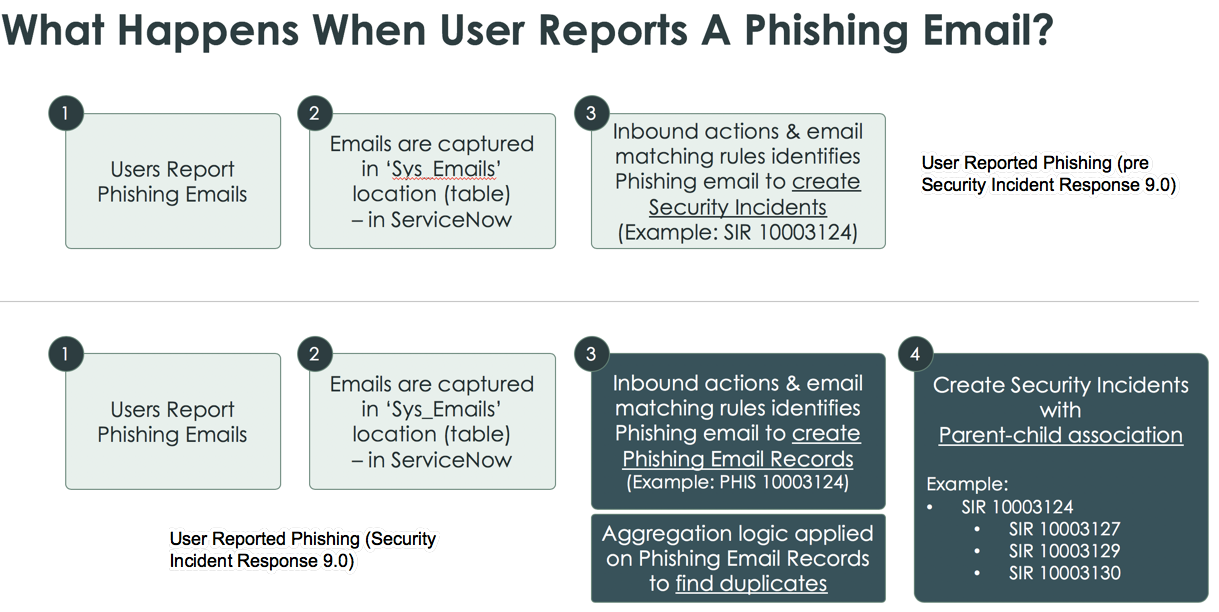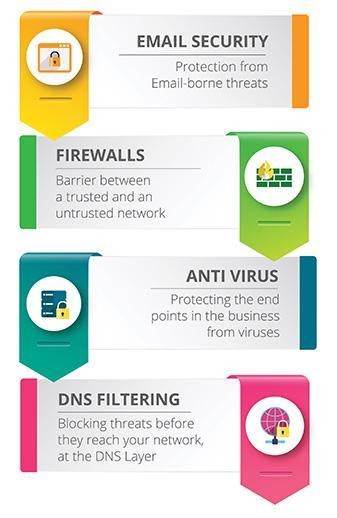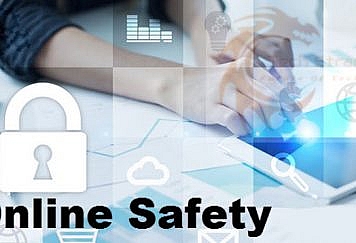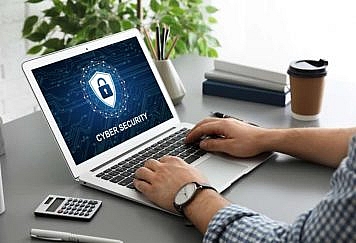There has been increasing awareness regarding cybersecurity measures among organizations today due to the rising threat of hacking activities involving data theft and privacy issues. Research studies indicate that email services are likely to be affected the most as they are exposed to more significant cyber-attack risks.
Almost 10% of the emails consist of malicious content such as malware, spyware, ransomware, which can pose a danger to the users’ valuable data or information. Enterprises need to be wary of such suspicious activities and enhance security measures by ensuring their employees follow safe email practices to avoid hackers’ attacks.
Why is effective email management necessary?

Phishing emails are mainly targeted at stealing the username and password of your employees. They may be used to gain access to your organization’s networks, which might have vital customer data or personal information. Also, they could be used for making fraudulent payments, and such transaction scams can lead to considerable losses to the companies. There are also ransomware attacks used to encrypt files across targeted networks in demand for a ransom.
Here are a few strategies that all companies need to follow for boosting the security of their email accounts:
- Stick to robust and unique passwords
Regardless of the number of email accounts that you may have, it’s essential to have multiple passwords for every account. It is also recommended to use a combination of uppercase, lowercase, special characters, and numbers while choosing passwords to prevent hacking attempts. Try using password managers, which reduces the hassles of remembering your passwords and saves time with the auto-login feature. This may be the best method for creating a secure password for multiple email accounts.
- Check for suspicious emails and links.

Source: https://www.titanhq.com/pillars-of-the-modern-msp-security-tech-stack/
Phishing emails are the most common ways that attackers often use to target victims’ personal or business information. Companies need to educate their employees in this regard to be aware before clicking on unscrupulous links. Often, legitimate companies will never ask for sensitive information, including passwords using email. However, scammers use smart techniques to make their messages that appear to be more convincing and come through branded companies such as Amazon, Apple, etc.
- Use two-factor authentication
It’s necessary to include an extra layer of protection for your inbox using two-factor authentication. The majority of the email providers have this in-built feature, which is available to the users. This mechanism can help prevent data loss and be used for restricting hacking attempts as the authorized users receive the code through their phones. This works even with cloud services and is one of the best ways to reduce phishing scams.
- Install SSL certificates for your email accounts
SSL certificates may be used to secure mail servers as well, which help to encrypt the communication similar to data transmission that takes place among websites. Most organizations rely on emails for their internal communications, which can put such sensitive information at risk from hackers.
As per Barracuda’s findings, 74% of the participants indicated that email attacks harmed their businesses, whereas 3/4th of companies conceded that their employees lacked experience recognizing suspicious emails. Thus, an SSL certificate can help boost your mail server’s encryption and enable you to securely login into your mail server without sharing your login credentials in plain text format over the Internet. However, using a UCC SSL Certificate can encrypt multiple subdomains using a single certificate, which may be useful for many enterprises.
- Scan your emails for viruses
It’s necessary to scan all your email attachments before opening them and ensure that the messages are scanned using anti-virus software to prevent malicious content. They can be useful tools since they look out for vulnerabilities in the messages that come in your inbox and provide alerts on dangers. Besides, it’s essential to use spam filters that are turned on and to avoid harmful links. You can customize your spam filter settings to block emails that may include specific keywords or phrases to avoid opening suspicious links by mistake. Sometimes, you may wish to unsubscribe from a link, but be careful to avoid doing so, especially in spam emails, as it may direct you to a phishing site.
Conclusion
Organizations need to have awareness regarding cybersecurity policies and ensure that their employees are well-trained and have the right knowledge to reduce the possibilities of cybercrimes. Hackers can gain access to data from anywhere. Both small and medium organizations are vulnerable to such threats, making it necessary for them to have stringent email security measures to protect their vital data.
Follow Techstrange for more Tech News and Updates





